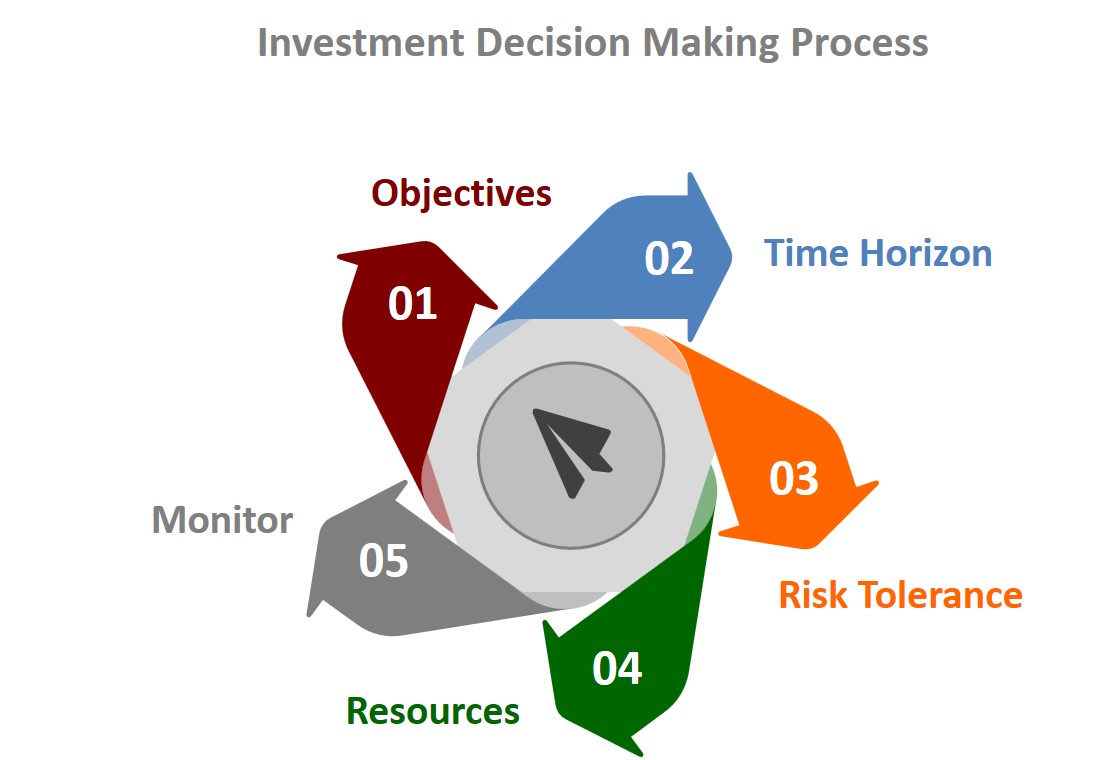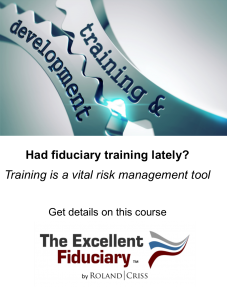Business leaders who are charged with the responsibility to manage their employers’ retirement plans possess the duty to operate a prudent management system.

Wild swings in the securities markets, and the dramatic economic impact of COVID-19 on workers, demands a fresh self-assessment of your retirement plan’s investment oversight methods.
While retirement plan managers have a legal duty to manage a prudent investment decision-making process, they are not accountable for the performance of the investments in the plan. (That’s good news.)
In order to ensure conformance to best practices, and to enjoy peace of mind, it’s imperative that plan managers commission a periodic assessment of their investment risk. Because circumstances can alter the relevancy of a management system making it obsolete quickly. That’s all the more evident in a crisis like the pandemic.
A professionally conducted investment risk assessment would focus on five phases that outline a prudent decision-making process.
The COVID-19 crisis may have altered the investing behavior of the retirement plan’s participants. Determine whether adjustments in your plan’s investment policy is required to support the participants’ needs. An example of this is one-on-one financial counseling.

One of the most important decisions a fiduciary must make is related to setting the investment portfolio’s time horizon. Generally, defined contribution retirement plans are intended to operate into perpetuity. At the same time, however, such an infinite time horizon must be supported by a capacity to deliver needed results for each plan participant’s finite future. A crisis like the COVID-19 coronavirus pandemic has the potential to disrupt some of the assumptions that led to the plan’s initial time horizon verdict.
Risk Tolerance
Risk tolerance is the degree of variability in investment returns that a retirement plan participant is willing to withstand in his or her financial planning. Anticipating the ability and willingness of your plan’s participants to stomach large swings in their investment choices is a significant challenge for the fiduciaries. Be sure to conduct a periodic review of the risk assumptions that underlie your plan’s investment strategy and the options it makes available to its participants.
Without question, few business leadership roles are more daunting than being assigned to a duty that is beyond your knowledge and experience. Gaining the ability to govern effectively in such a situation requires access to resources that can accelerate your competency. Formal fiduciary training is a must. Input from a qualified “prudent expert” is just as essential. Reliance on counsel from a recordkeeping firm alone is like skating on thin ice. The current stock market turmoil demands that you rely on appropriate external resources to strengthen your investment oversight practices.
The complexity of managing retirement plan investments leads many enterprises to engage a third party expert for help. Fiduciary laws that have Jurisdiction over corporate retirement plans and public pensions require plan administrators to prudently monitor their plan’s investments. The responsibilities imposed by such laws include: (1) establishing objectives, (2) determining relevant asset allocation, (3) analyzing investment performance, and (4) selecting investment fund managers. The current environment requires that those activities be conducted with precision. If doubts exist about your plan’s ability to measure up to a high standard of fiduciary care, an investment risk assessment would be a good next step for your committee.




